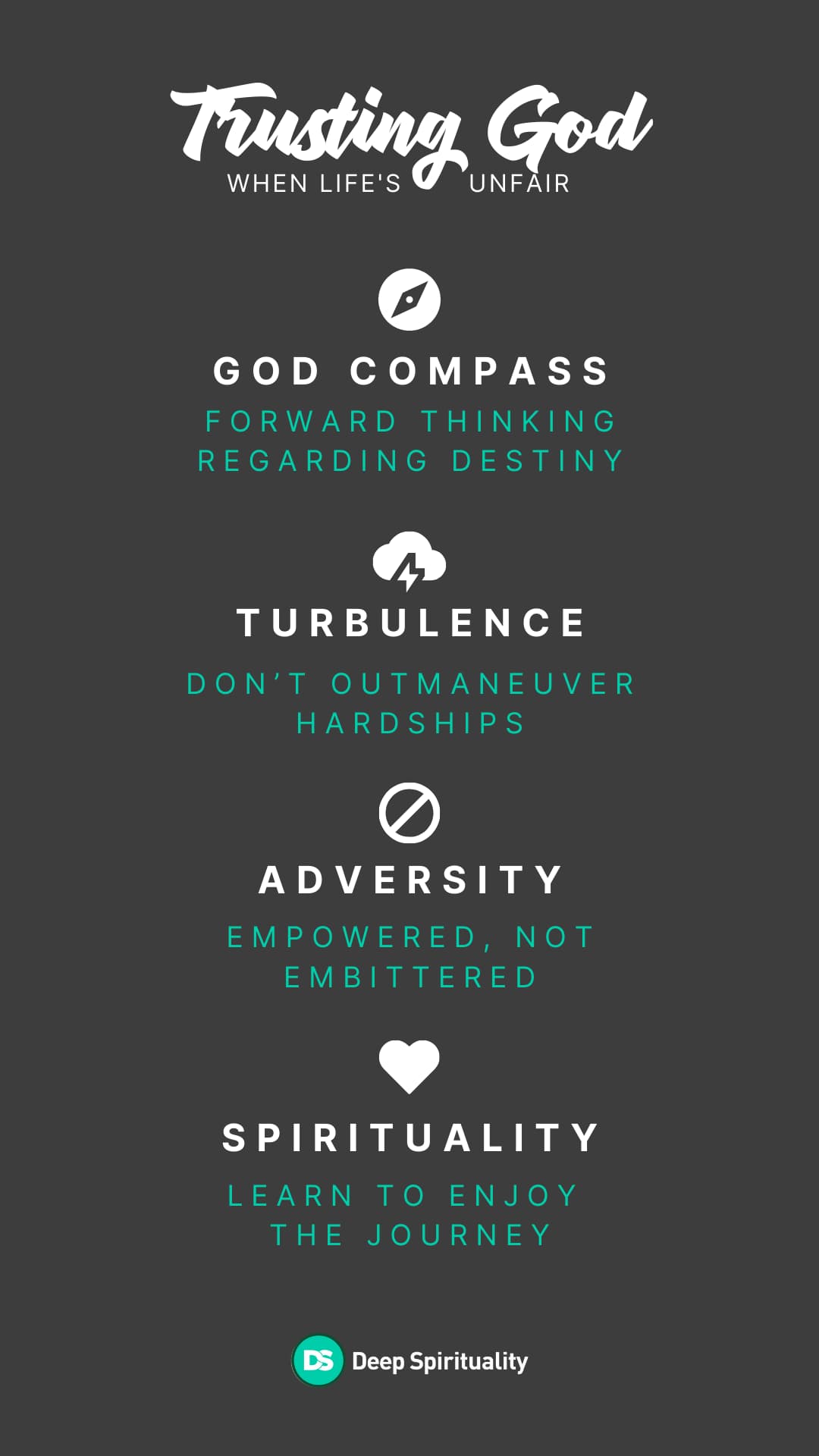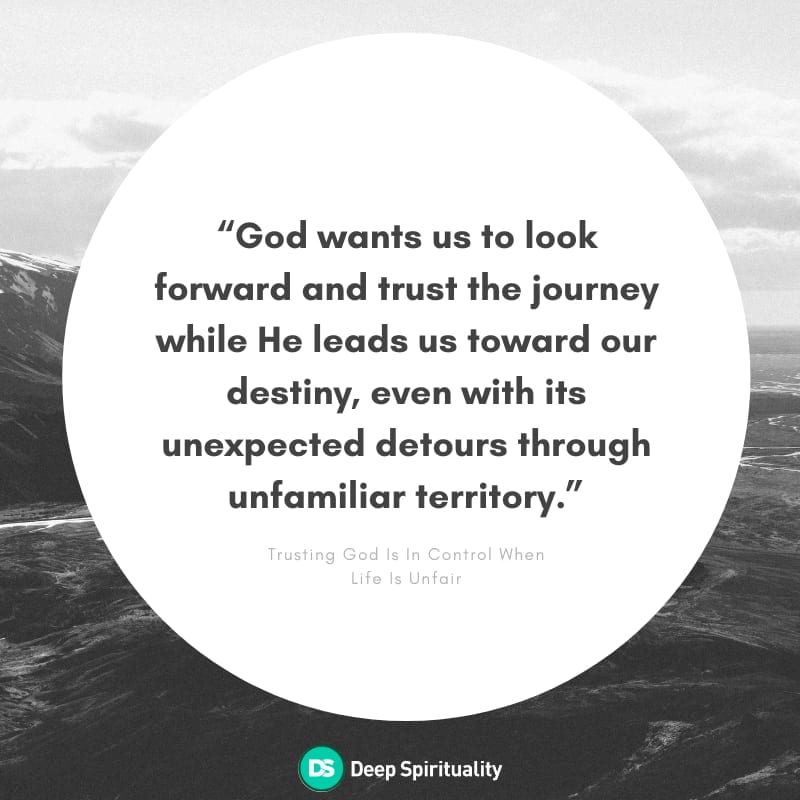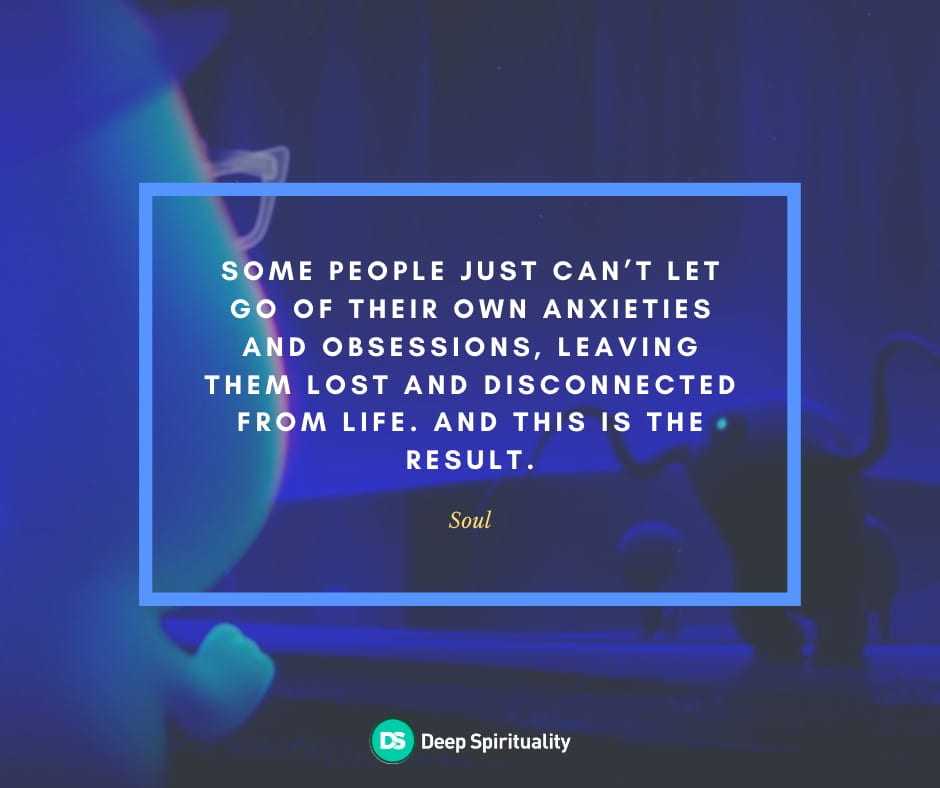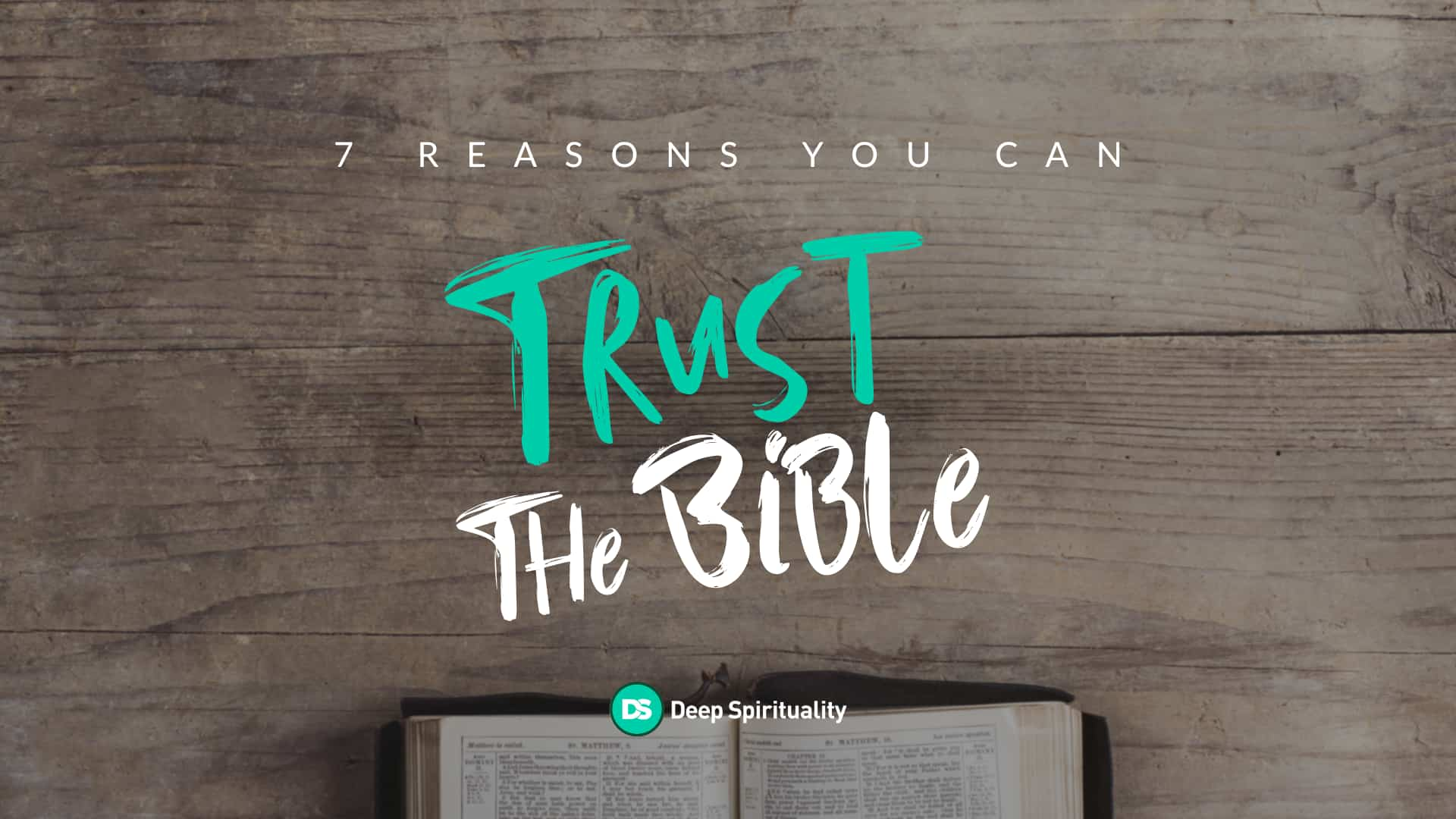When I was growing up, my dad, a military judge, would often refer to me as the “fair” police.
I had a habit of making sure everyone knew when I believed something was unfair. “That’s not fair” was often my response to something I was being asked to do that felt inconvenient or difficult, or when events or situations created hardship or disappointment for me. My dad, whose job was to seek justice and fairness, would rarely take the bait.
When my “that’s not fair” claims were coming from hurt or disappointment, he’d respond, “Son, you don’t want fair,” pointing out my lack of awareness that my life was on the good side of fair.
True to his point, my view of fairness was always focused on “the guy in front of me”, never from the perspective of someone whose life was worse off than mine.
When my protests were rooted in not wanting to be inconvenienced or not liking what I needed to do, he would just say, “Well sorry, it’s not a fair world we live in.” This was his way of communicating that my protests would not find a sympathetic audience.
It is true that life is not always fair – a fact that King Solomon recorded in Ecclesiastes.
I have seen something else under the sun: The race is not to the swift or the battle to the strong, nor does food come to the wise or wealth to the brilliant or favor to the learned; but time and chance happen to them all.
Ecclesiastes 9:11 NIV
This scripture teaches us that life doesn’t always go the way we think it should or how we believe logic or fairness should dictate. Time and chance also play a role in life.
Sometimes life is not fair because of the actions of others. When someone chooses to sin, God or someone else is negatively impacted by those choices, to no fault of the person harmed.
God shows us in 1 Peter that not only is this true for us, it was true for Jesus as well.
After all, God chose you to suffer as you follow in the footsteps of Christ, who set an example by suffering for you. [22] Christ did not sin or ever tell a lie. [23] Although he was abused, he never tried to get even. And when he suffered, he made no threats. Instead, he had faith in God, who judges fairly.
[24] Christ carried the burden of our sins. He was nailed to the cross, so that we would stop sinning and start living right. By his cuts and bruises you are healed.1 Peter 2:21-24 CEV
The fact is, the Cross was not fair to Jesus. I often fail to acknowledge that God was in control when Jesus, who did nothing wrong, carried the burden of my sins to the cross. God was also in control when Jesus was being cut and bruised for my sake.
One of my own challenges is that I’m really good at remembering when someone has hurt me but really bad at acknowledging how I’ve hurt others. Rooted in some of my “Hey, that’s not fair” is my selective memory. And so my dad’s “Son, you don’t want fair” counsel was truly wise.
Nevertheless, we all experience times when life is hard, and it feels very unfair regardless of the reason why. Much of my own spiritual journey has been about learning how to trust that God is in control when life is unfair.
For those of us on a similar spiritual journey of learning to trust that God is in control when life is unfair, we have 4 biblical principles to consider, pray through, and embrace:

The God Compass: God is forward-thinking regarding our destiny
When Pharaoh finally let the people go, God did not lead them along the main road that runs through Philistine territory, even though that was the shortest route to the Promised Land. God said, “If the people are faced with a battle, they might change their minds and return to Egypt.”
[18] So God led them in a roundabout way through the wilderness toward the Red Sea. Thus the Israelites left Egypt like an army ready for battle.Exodus 13:17-18 NLT
One of the things that I have difficulty with is when I make a sincere effort but don’t see any results. I get incredibly frustrated because I want life to follow a simple equation: effort equals results. I don’t always associate my frustration with being unfair, but that is exactly what it is.
I’m frustrated because I think my efforts should be rewarded with results or success. When this doesn’t happen, I’m angry because my sense of fairness has been violated.
I’m frustrated because I think my efforts should be rewarded with results or success.
I can be this way in my relationship with God, getting “frustrated” when I make efforts to be spiritual, do good, and help others yet not see immediate results from these efforts. My sense of fairness is violated, and I can be bewildered not understanding why God wouldn’t bless my efforts, especially for good things?
If I’m doing bad, sure. Then I get it. But when I’m trying to do good things, I feel like, “God, why aren’t you coming through for me?”
Exodus 13 teaches us that God’s guidance and involvement in our lives is designed to better our lives, even if we do not comprehend or recognize the path God is leading us on. It’s clear that, at times, the Israelites did not trust the direction God was leading them on their journey out of Egypt through unfamiliar territory.
When our life’s journey takes us through unfamiliar territory, we can feel insecure and then long for the familiar. Unfortunately, the familiar is always behind us, and God does not want us to look backwards in life. God wants us to look forward and trust the journey while He leads us toward our destiny, even with its unexpected detours through unfamiliar territory.

Trusting through the turbulence: don’t try to outmaneuver hardships
Even though the Lord may allow you to go through a season of hardship and difficulty, he himself will be there with you. He will not hide himself from you, for your eyes will constantly see him as your Teacher. [21] When you turn to the right or turn to the left, you will hear his voice behind you to guide you, saying, “This is the right path; follow it.”
Isaiah 30:20-21 TPT
On numerous occasions when driving to an unfamiliar destination, I have doubted whether my GPS app would get me to my location by the quickest route possible. This doubt is at its peak when I’m in traffic or running behind.
I’m faced with a choice in those moments: Do I trust the voice on my GPS, or do I trust my own opinion and instincts on the best route to get me to my desired location?
This is a great illustration of the choices many of us have to make on a daily basis. When faced with uncertainty or challenges in our life, will we listen for the voice of God or seek our own wisdom and experience to guide us?
When my life is faced with difficulty or unforeseen challenge, I often doubt God’s willingness to guide me through the least painful route. I hate emotional pain and avoid it at all costs. It defies my own logic how God would want me to experience adversity if there was an easier route to my destination.
While we may be focused on outmaneuvering hardships and difficulty, God is constantly in the process of guiding us toward our destiny. Do we trust and see God in the turbulence?
Adversity: get empowered, not embittered
“The godless in heart harbor resentment; even when he fetters them, they do not cry for help.
[15] But those who suffer he delivers in their suffering; he speaks to them in their affliction. [16] “He is wooing you from the jaws of distress to a spacious place free from restriction, to the comfort of your table laden with choice food.[21] Beware of turning to evil, which you seem to prefer to affliction.Job 36:13,15-16, 21 NIV
These scriptures teach us that adversity in life should reinforce our need to seek God. Unfortunately, we also learn that we can just as easily turn to evil.
I often handle adversity by turning to bitterness, pleasure-seeking (impurity and sensuality), comfort-seeking (indulgence and spending), or glory-seeking (selfish ambition and self-reliance).
This is because I refuse to seek help from God. The spiritual way to handle the adversities in life is to humbly turn to God and see a greater need for him. What would that look like?
Reflection questions
- When faced with adversity, do you turn to prayer, honestly sharing with God how you feel about the adversity?
- Are you honest with the temptations to want to turn to evil?
- Do you ask for wisdom and insight on how to deal with the adversity?
- Do you spend time looking for wisdom from God through His word?
- Do you reach out to the people God has put in your life to help you and seek encouragement and advice?
Spirituality: learn to enjoy the journey
Give God the right to direct your life, and as you trust him along the way you’ll find he pulled it off perfectly!
Psalm 37:5 TPT
When we find the humility to trust in God rather than in our plans, procedures, or other people, we’ll be able to sense God at work in our lives even when the path isn’t totally “clear” (Psalm 69:32 NLT).
Sometimes we can get so focused on our timetable and where we are “supposed to be” in life that we don’t enjoy the journey with God getting there. We can become so preoccupied that we are dominated by feelings of impatience, anxiety and frustration.
There’s a great example of this in the Pixar movie Soul. The main character Joe Gardner is so consumed with “arriving” in his musical pursuit that he’s not able to appreciate or enjoy the relationships that he encounters along the way. While venturing through the “Great Beyond”, Joe stumbles upon “lost souls”. Inquiring how they became this way, he’s told:
“Some people just can’t let go of their own anxieties and obsessions, leaving them lost and disconnected from life. And this is the result.”

Joe learns from a friend to see the joys of life from a different perspective.
What we can learn from this movie is that when we are able to trust God and loosen our grip on the “navigation device” (Romans 3:27 MSG), we will discover that the joy is found in the journey with God and our relationships, not simply the destination.
How would it look different for you to trust God with the guidance of your life?
Three practicals to take trusting God with your life beyond this study:
- Watch the movie Soul.
- Study and pray through Psalm 37.
- Find scriptures that you will hold onto and obey that help you with trusting God’s involvement in your life (Romans 15:4 NASB).
Explore more:
Stone Eleazer studied at the University of Florida and is an editor for Deep Spirituality.
Stone Eleazer studied at the University of Florida and is an editor for Deep Spirituality.





